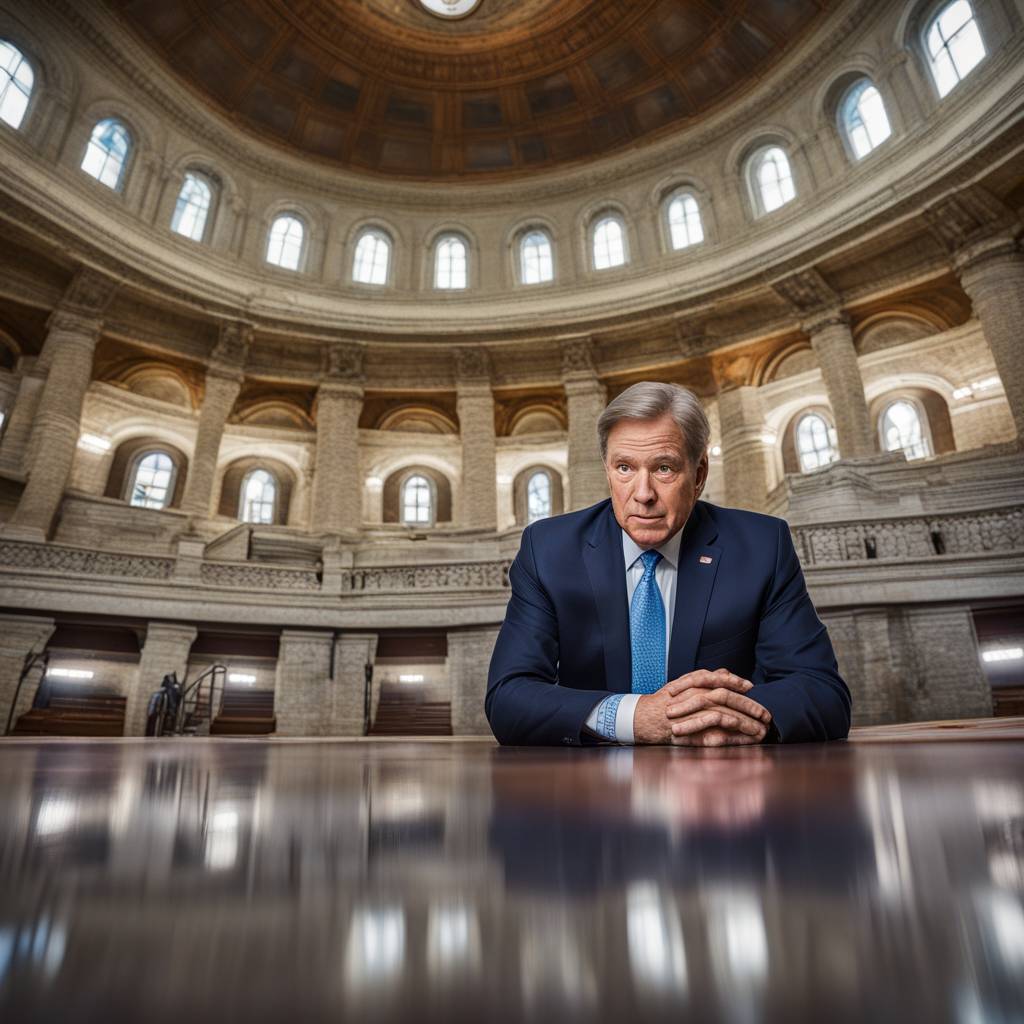A candidate running for Senate in New Jersey faced criticism on social media after attributing a recent earthquake to the “climate crisis.” Green Party member Christina Amira Khalil shared her thoughts on social media shortly after experiencing an earthquake in New Jersey, claiming it was evidence of the impact of climate change. Her post was met with ridicule from various high-profile politicians and commentators, including Republican Rep. Dan Crenshaw and conservative commentator Paul Szypula, who called her claim absurd and untrue. Khalil, who is running for Senator Robert Menendez’s seat, eventually removed the post and replaced it with a more general observation about the earthquake.
NASA has clarified that there is no scientific link between climate change and earthquakes. The agency explained that earthquakes are caused by the movement of tectonic plates beneath the Earth’s surface, which is not influenced by surface temperatures or weather conditions. According to Alan Buis of NASA’s Jet Propulsion Laboratory, earthquakes occur across all types of weather conditions and debunked the myth that climate change contributes to seismic activity. Despite the scientific evidence, Khalil’s baseless claim about the earthquake being caused by climate change gained widespread attention on social media.
In addition to Khalil’s controversial claim, Rep. Marjorie Taylor Greene of Georgia also faced backlash for attributing the earthquake to America’s declining morality, suggesting it was a sign from God for the country to repent. Greene’s statement was met with criticism as well, with many pointing out the lack of evidence to support her theory. The existence of earthquakes is a well-documented geological phenomenon, with approximately 1700 earthquakes occurring in the US each year, according to the US Geological Survey.
The response to Khalil’s and Greene’s baseless claims highlighted the importance of scientific accuracy in public statements, particularly by political figures. The debunking of these claims by experts and fact-checkers underscores the need for informed discourse on issues such as climate change and geological events. While social media can amplify misinformation, it also provides a platform for accurate information to be shared, as evidenced by the community notes and responses that clarified the true causes of earthquakes. Moving forward, it is essential for public figures to rely on scientific evidence and expert knowledge when discussing complex issues such as climate change and natural disasters.
Despite the controversy surrounding Khalil’s and Greene’s comments, the earthquake in New Jersey served as a reminder of the power and unpredictability of natural events. The rare seismic activity in the tri-state area sparked conversation and debate, shedding light on the importance of understanding the natural world and its processes. While it is crucial to address climate change and its impacts, it is equally important to differentiate between scientifically supported claims and baseless assertions. By promoting scientific literacy and critical thinking, society can better navigate discussions on complex issues and work towards solutions based on evidence and sound reasoning.


